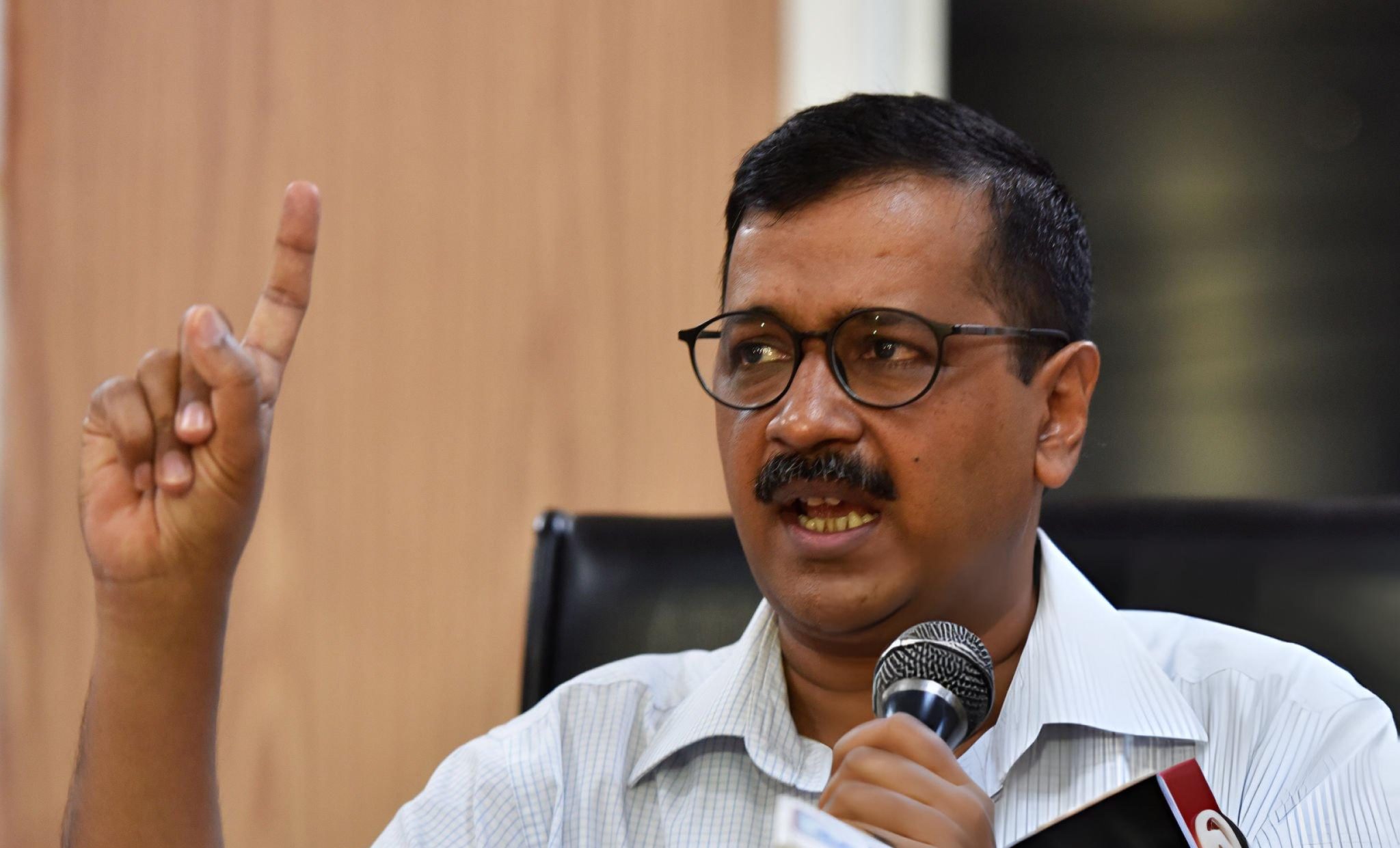In a significant development in the ongoing investigation into Delhi’s liquor policy, the Central Bureau of Investigation (CBI) has accused Delhi Chief Minister Arvind Kejriwal of attempting to “politically sensationalise” the case. This claim emerged during a recent hearing in the Supreme Court, where Kejriwal’s bail plea was under review.
On Friday, the CBI filed a counter affidavit before the Supreme Court, contesting Kejriwal’s assertions and challenging his attempt to frame the case as politically motivated. The affidavit, filed by Additional Solicitor General SV Raju, argues that Kejriwal’s actions and statements are designed to deflect from the serious allegations against him. The CBI claims that the Chief Minister’s behavior has been an attempt to manipulate the judicial process for political gain.
During the brief hearing, Justice Surya Kant and Justice Ujjal Bhuyan were informed by Raju that the CBI’s response had been filed late, and thus, was not yet on record. Senior advocate Abhishek Manu Singhvi, representing Kejriwal, accused the CBI of deliberately delaying the proceedings. The bench granted the CBI additional time to submit its response and allowed Singhvi two more days to file a rejoinder. The hearing on Kejriwal’s bail plea is now scheduled for September 5.
The CBI’s counter affidavit highlights that Kejriwal, who does not hold a ministerial portfolio related to excise, was nevertheless deeply involved in the formulation of the controversial excise policy for 2021-22. The affidavit alleges that critical decisions concerning the policy were made with Kejriwal’s knowledge and in collaboration with former Deputy Chief Minister Manish Sisodia, who has already been granted bail in this case.
The agency has accused Kejriwal of attempting to sensationalize the matter politically. The affidavit states, “Kejriwal is simply attempting to politically sensationalize the case before this court, despite repeated orders passed by various courts being satisfied with the commission of the offences, and for which cognisance has already been taken. Such unwarranted averments are liable to be discarded.”
The CBI further contends that evidence from the hard drives and mobile phones of the co-accused corroborates Kejriwal’s involvement in the policy decisions and transactions under scrutiny. Specifically, the agency alleges that Kejriwal facilitated the manipulation of the excise policy to increase the profit margins of wholesalers from 5% to 12%, purportedly in exchange for illegal gratification of Rs 100 crore from a group identified as the South Group. This alleged money was purportedly used to fund the Aam Aadmi Party’s election expenses for the Goa Assembly polls in 2022.
The CBI also criticized Kejriwal’s conduct during his interrogation at Tihar Jail, alleging that he was evasive and non-cooperative. According to the affidavit, Kejriwal did not provide satisfactory answers regarding the alleged demand for upfront money from the South Group, the handling of the funds, or their utilization in the Goa elections.
Kejriwal’s legal team has argued that the case against him is politically motivated and lacks merit. However, the CBI’s affidavit presents a detailed account of the allegations and underscores the seriousness of the charges.
On August 14, the Supreme Court had denied Kejriwal’s request for interim bail in the liquor policy case and sought a detailed response from the CBI. Kejriwal was arrested by the CBI on June 26, and his earlier bail in a related money laundering case, granted by the trial court, was paused by the High Court. The Supreme Court later granted him interim bail in the liquor policy case on July 12.
The ongoing legal battle reflects the high-stakes nature of the case and the broader political implications surrounding it. As the court continues to review the evidence and arguments, the outcome will have significant repercussions for both Kejriwal and the integrity of the civil services examination process.






